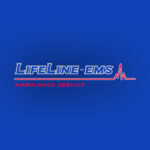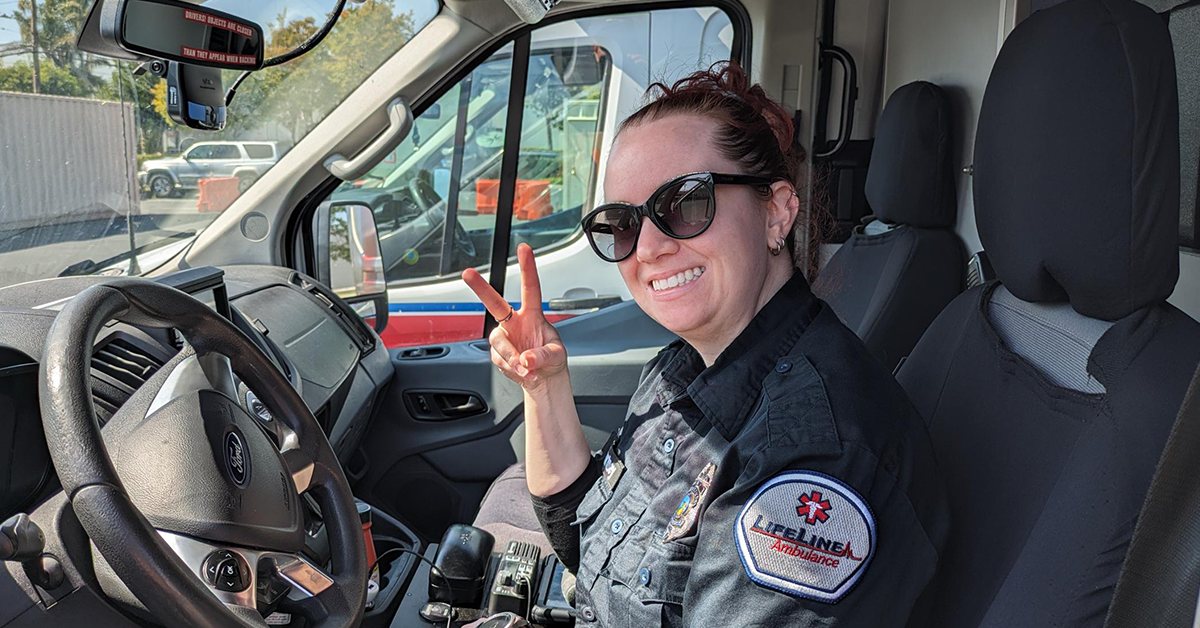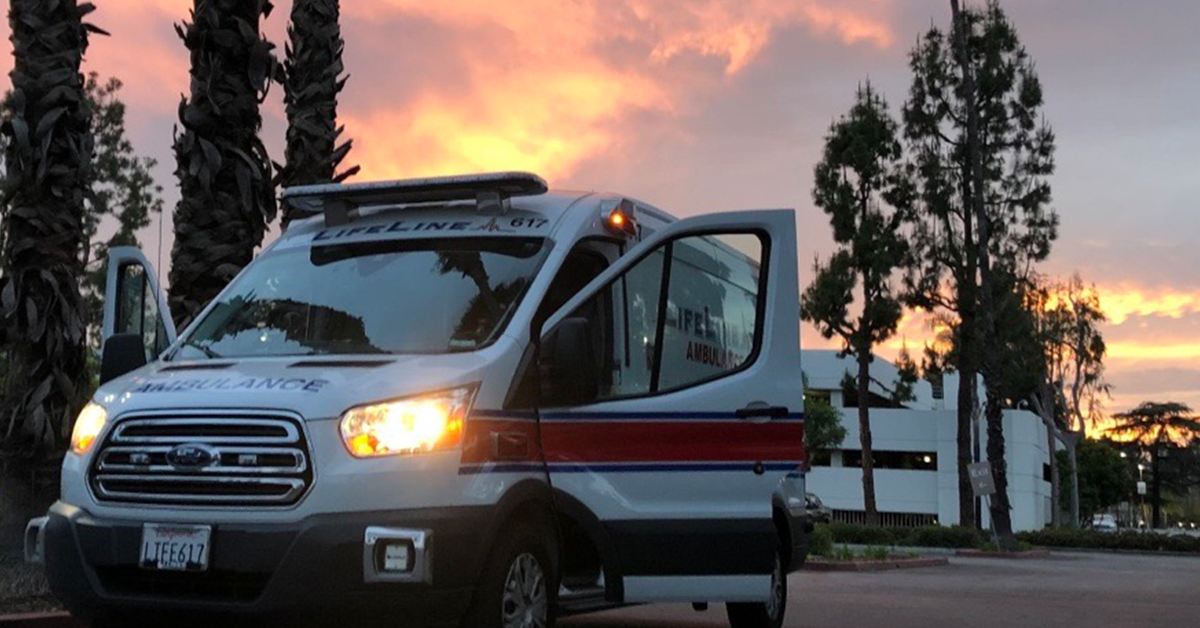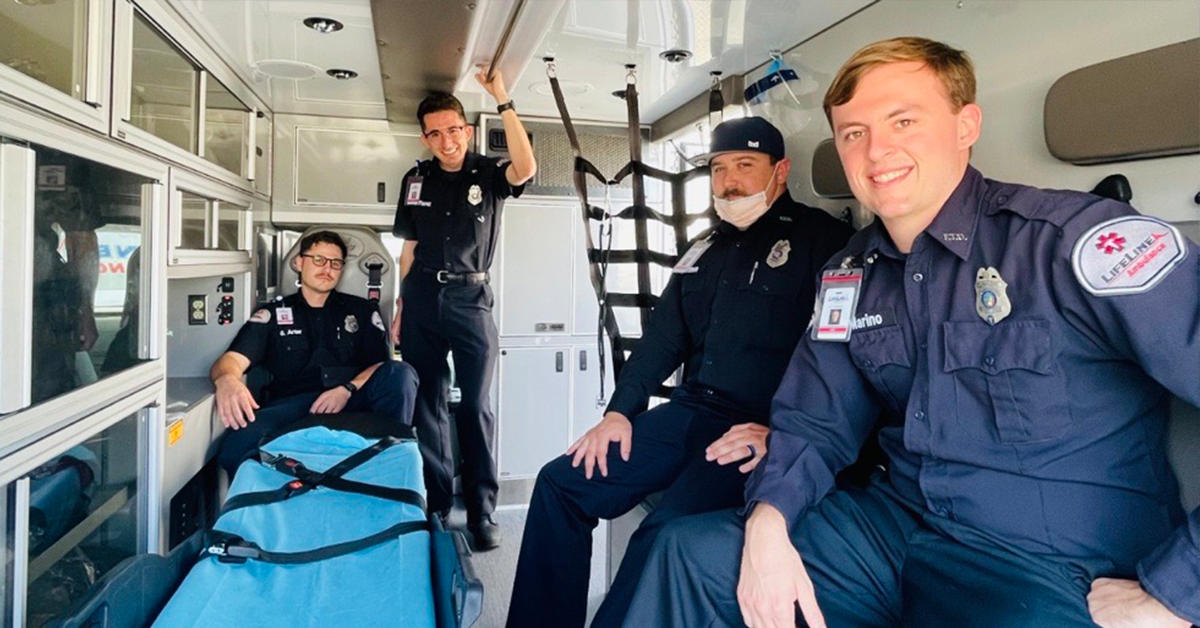The role of an Emergency Medical Technician (EMT) is often surrounded by misconceptions and myths. While many people recognize the importance of EMTs in providing emergency care, there are numerous misunderstandings about what the job truly entails and the rewards it offers. For those in Los Angeles and Southern California, LifeLine EMS provides a clear perspective on the realities and benefits of a career as an EMT. This article aims to debunk common myths and highlight the true rewards of working as an EMT.
Myth 1: EMTs Only Drive Ambulances
Reality: One of the most pervasive myths about EMTs is that their primary job is simply to drive ambulances. In reality, EMTs play a critical role in the healthcare system, providing essential medical care during emergencies and ensuring that patients receive the best possible treatment on their way to the hospital.
The True Role of an EMT:
- Emergency Response: EMTs are often the first responders at the scene of an emergency. Their quick arrival and immediate action can be the difference between life and death.
- Patient Assessment: EMTs are trained to assess a patient’s condition quickly and accurately, determining the best course of treatment.
- Medical Care: EMTs provide lifesaving medical interventions, such as CPR, wound care, administering medications, and stabilizing patients for transport.
- Patient Transport: While driving the ambulance is part of the job, EMTs also monitor and care for patients during transport to ensure they remain stable.
Myth 2: EMT Work is Unrewarding and Thankless
Reality: Another common myth is that EMTs work long hours in a thankless job with little reward. While the job can be challenging, it is also incredibly rewarding in ways that many people do not realize.
The True Rewards of Being an EMT:
- Making a Difference: EMTs have the opportunity to make a significant impact on people’s lives every day. Whether it’s saving a life, providing comfort during a crisis, or simply being there in someone’s moment of need, the work is deeply meaningful.
- Personal Fulfillment: The sense of fulfillment that comes from helping others and contributing to the community is one of the greatest rewards of being an EMT. This sense of purpose is something that many people seek in their careers but may not always find.
- Community Respect: EMTs are highly respected members of their communities. Their role in ensuring public health and safety earns them the appreciation and trust of those they serve.
Myth 3: EMTs Have Limited Career Growth Opportunities
Reality: Some believe that a career as an EMT is a dead-end job with little room for advancement. This couldn’t be further from the truth. In fact, a career in EMS offers numerous pathways for professional growth and development.
The True Potential for Career Advancement:
- Specialized Training: EMTs have the opportunity to pursue specialized training in areas such as pediatric care, trauma response, and disaster preparedness. These specializations can lead to advanced roles within EMS.
- Leadership Opportunities: EMTs can advance into leadership roles such as field training officers, supervisors, and operations managers. These positions involve overseeing teams, managing operations, and ensuring the highest standards of care.
- Pathways to Higher Medical Roles: Many EMTs use their experience as a stepping stone to other healthcare careers, such as becoming a paramedic, nurse, or even transitioning into healthcare administration.
Myth 4: The Work is Too Stressful and Emotionally Draining
Reality: While it’s true that being an EMT can be challenging, it is also a career that builds resilience and teaches valuable life skills. The emotional and physical demands of the job are balanced by the support systems in place at organizations like LifeLine EMS.
The True Balance of Challenges and Rewards:
- Building Resilience: EMTs develop a strong sense of resilience through their work, learning to manage stress and stay calm under pressure. This resilience is a valuable skill that extends beyond the workplace.
- Supportive Environment: At LifeLine EMS, there is a strong emphasis on teamwork and support. EMTs are never alone in their work; they are part of a team that works together to provide the best care for patients.
- Emotional Fulfillment: Despite the challenges, the emotional rewards of helping others can outweigh the stress. Knowing that you have made a difference in someone’s life provides a deep sense of satisfaction.
Myth 5: EMTs Don’t Earn a Competitive Salary
Reality: Another misconception is that EMTs are underpaid for the work they do. While salaries can vary based on location and experience, organizations like LifeLine EMS offer competitive compensation packages that reflect the skills and dedication of their employees.
The True Value of Compensation and Benefits:
- Competitive Salaries: LifeLine EMS ensures that EMTs are compensated fairly, with salaries that reflect their expertise and the demands of the job.
- Comprehensive Benefits: In addition to a competitive salary, LifeLine EMS offers comprehensive benefits, including health and dental insurance, retirement plans, and paid time off. These benefits provide financial security and peace of mind for EMTs and their families.
- Opportunities for Financial Growth: As EMTs gain experience and advance in their careers, they have opportunities to increase their earnings through promotions, specialized roles, and additional certifications.
Myth 6: EMTs Have No Work-Life Balance
Reality: The belief that EMTs have no work-life balance is a common myth. While the job can involve long and irregular hours, LifeLine EMS prioritizes the well-being of its employees by promoting a healthy work-life balance.
The True Commitment to Work-Life Balance:
- Flexible Scheduling: LifeLine EMS offers flexible scheduling options that allow EMTs to balance their work commitments with their personal lives. This flexibility is essential for maintaining a healthy work-life balance.
- Paid Time Off: EMTs at LifeLine EMS have access to generous paid time off policies, including vacation days, sick leave, and personal days. This time off ensures that employees have the opportunity to rest, recharge, and spend time with their loved ones.
- Supportive Workplace Culture: A supportive and understanding workplace culture at LifeLine EMS ensures that employees feel valued and supported in managing their work and personal responsibilities.
Myth 7: The Job is Monotonous and Repetitive
Reality: Far from being monotonous, the work of an EMT is dynamic and varied. Every day presents new challenges, different scenarios, and the opportunity to learn something new.
The True Variety in the Role:
- Diverse Experiences: EMTs encounter a wide range of emergencies, from medical crises and accidents to natural disasters and public health emergencies. This variety keeps the job engaging and ensures that no two days are the same.
- Continuous Learning: The ever-evolving nature of healthcare means that EMTs are always learning and adapting. This continuous learning keeps the work fresh and exciting, while also contributing to professional growth.
- Personal and Professional Growth: The diverse experiences and challenges faced by EMTs contribute to personal and professional growth, making it a career that is both fulfilling and constantly evolving.
Keep Reading
Want more? Here are some other blog posts you might be interested in.
Emergency Medical Services s a high-stress, physically demanding profession that requires dedication, quick decision-making, and resilience. While the rewards of saving lives...
Emergency Medical Services professionals are often the first point of contact during critical health crises. While technical expertise is essential in emergency...
Emergency Medical Services play a critical role in ensuring the health and safety of communities. In Southern California, including Los Angeles, the...






